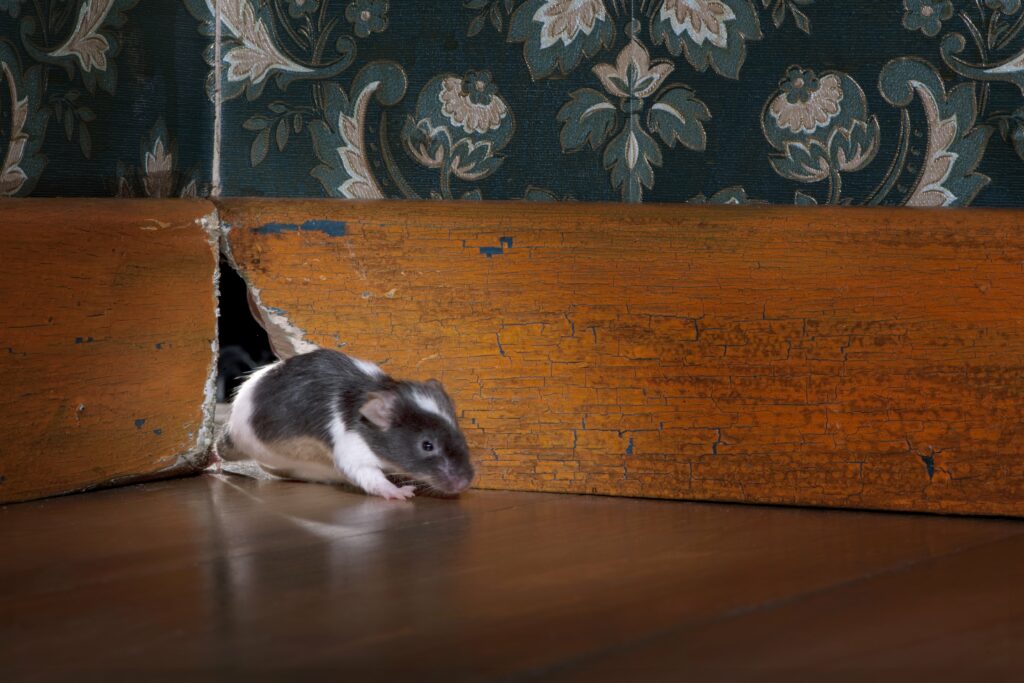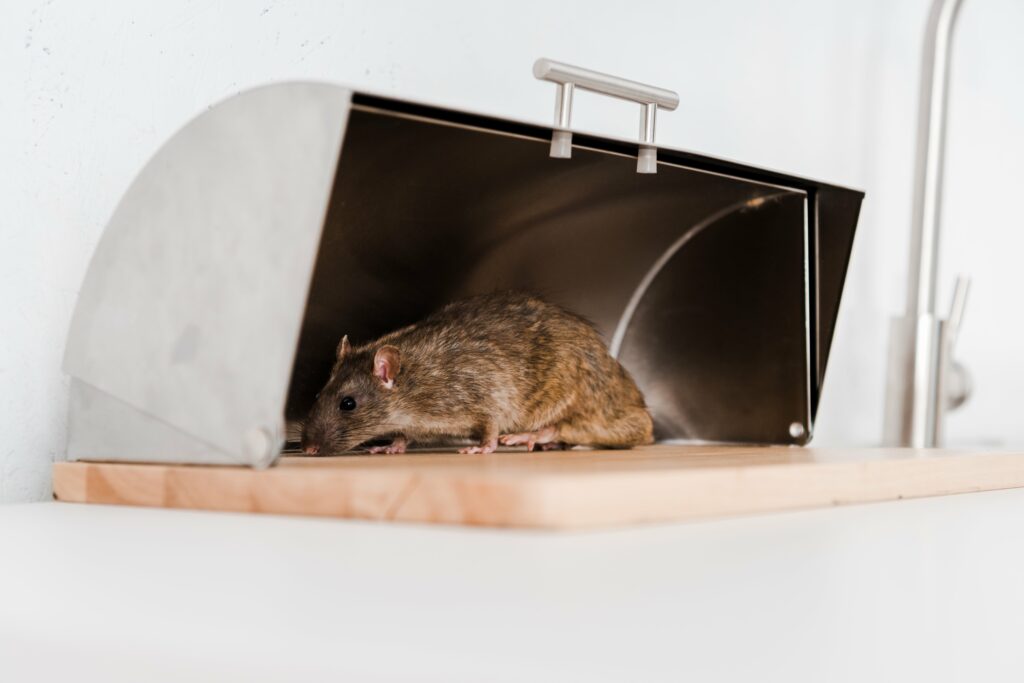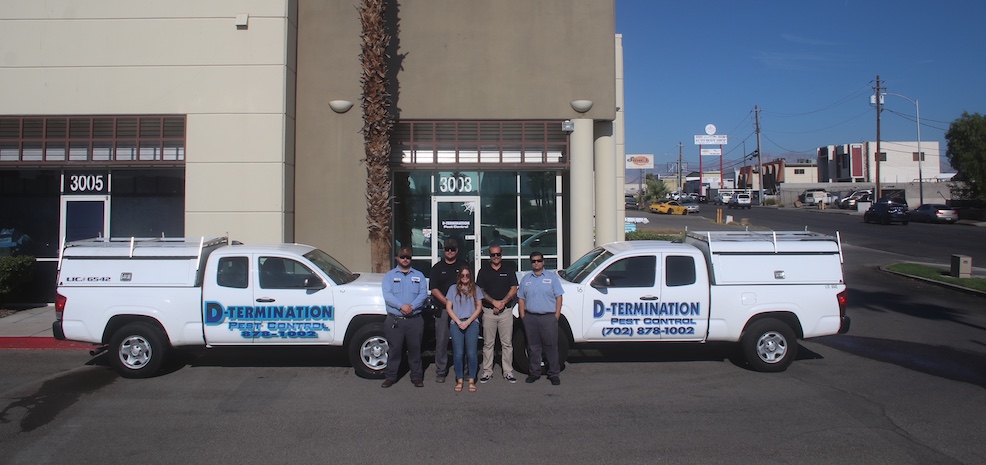Why You Should Care About Humane Rodent Control
Rodents can be a nuisance, and even a health hazard, when they make their way into our homes and businesses. These pesky creatures can chew through walls, electrical wiring, and contaminate food sources with feces and urine.
They are also capable of transmitting diseases like salmonella, hantavirus, and plague. As a result, it’s crucial to take measures to control rodent populations before they get out of hand.
However, using inhumane techniques like glue traps or lethal control methods can have negative effects on the environment as well as pets and wildlife. For instance, glue traps are not only cruel but also cause trapped animals and rodents to suffer for hours or even days before dying.
Using poisons can also lead to secondary poisoning of your cat or other animals that prey on rodents such as owls or hawks. Additionally, poisons don’t always kill the rodent immediately which puts them at risk for being trapped in walls and dying slowly causing an unpleasant odor throughout your home or business.
Tired of dealing with persistent mice? Put an end to your mouse woes by considering professional extermination services. Our article, Mouse Infestation Eradication: Why Hiring A Professional Exterminator Is Your Best Bet, dives deep into the benefits of hiring skilled exterminators. Discover the specialized knowledge, equipment, and proven methods they employ to ensure thorough mouse eradication.
Understanding Rodents
Common Types of Rodents and Their Behavior

Rodents are a common problem for homeowners. They come in all shapes and sizes, but the most common types are mice and rats. Mice are small, agile creatures that can fit through very small openings, while rats are larger and more aggressive.
Both species reproduce quickly, which can lead to a population explosion if left unchecked. Rodents have a natural fear of humans, so they tend to stay hidden during the day and come out at night to search for food.
They are opportunistic feeders and will eat just about anything they can find. This is why it’s important to keep your home clean and free of any sources of food that might attract them.
How They Enter Homes and Buildings

Rodents can enter homes and buildings through even the tiniest cracks or openings. This is why it’s important to seal up any entry points you find using materials like steel wool or caulk. Pay particular attention to areas around outside doors, windows, pipes, vents, and utility lines.
Once inside your home, rodents tend to stick close to walls where they feel safe from predators like cats or other animals that may be pets in your house. They may create nests in attics or walls where they feel protected from humans or other threats.
If you suspect you have a rodent problem in your home, it’s important to act quickly before their population explodes out of control. In the next section of this article on the most humane methods and solutions for rodent control we’ll discuss several ways you can prevent rodents from entering your home or building in the first place!
Humane Techniques for Rodent Control
Prevention methods (sealing entry points, removing food sources)
The most humane way to deal with rodents is to prevent them from entering your home in the first place. Mice and rats can fit through very small holes, so it’s important to identify and seal any cracks or holes in walls, floors, and around water pipes.
Hardware stores sell plastic hole fillers that can be used to seal these openings. Make sure all doors and windows close tightly as well.
Food sources should also be removed or stored properly. Keep all food in airtight containers and clean up crumbs or spills right away.
Avoid leaving pet food out overnight, as this can attract rodents. Regularly take out trash and avoid letting it pile up.
Traps (live traps, catch and release)

If you already have rodents in your house, the most humane way to trap and capture them is by using live traps. These traps catch the rodent without killing them so that they can be released somewhere far away from your home.
Live traps come in many different shapes and sizes but one of the most common ones looks like a small cage with a door that closes behind the captured mouse or rat so they can’t escape. Check the mouse traps regularly to free any captured mice as soon as possible.
Natural repellents (peppermint oil, predator urine)
There are also natural repellents that can deter rodents from entering your home without causing them harm. Peppermint oil is one of these repellant solutions that smells nice but has a strong scent that mice find unpleasant.
Predator urine is another more humane alternative available at many hardware stores which mimic the smell of predators like cats or foxes that scare rodents away. It’s worth noting that these natural solutions aren’t always effective long-term if not combined with other methods like sealing entry points and removing food sources.
DIY vs Professional Help
When it comes to rodent control, you may be wondering whether to try and tackle the issue yourself or hire a professional. Both options have their pros and cons, so it’s important to carefully consider your situation before making a decision.
Pros and cons of doing it yourself
One benefit of taking a DIY approach to rodent control is that it can be more cost-effective than hiring a professional. There are many humane solutions that you can implement yourself, such as sealing up entry points or setting up live traps. However, it’s important to note that trapping mice can be time-consuming and require frequent checking of traps to ensure captured mice are released back into the environment.
On the other hand, there are some downsides to doing rodent control on your own. You may not have the necessary knowledge or equipment needed for effective control.
Additionally, snap traps or other lethal control methods can harm other animals if not used correctly. If you have a large infestation or don’t feel comfortable handling trapping on your own, seeking professional help is likely the better option.
Benefits of hiring a professional
If you’re dealing with an especially difficult rodent problem, it may be beneficial to seek out professional help. A trained technician will have access to specialized tools and techniques that can effectively eliminate rodents while minimizing harm to wildlife and other animals in the environment.
Professional pest control technicians are also knowledgeable about proper sanitation practices after an infestation has been eliminated – this is crucial in order to prevent future infestations from occurring. Hiring a professional saves time – they will take care of everything from identifying entry points and creating customized plans for elimination that properly address all sources of infestation which guarantees successful results.
Recap on the Importance of Humane Techniques
Using humane techniques for rodent control is not only ethical, but it is also more effective in the long run. By using traps or natural repellents, we can minimize the risk of harming other animals while solving our rodent problem.
Preventing entry by sealing gaps and removing food sources is also a key component of humane rodent control. Live traps are a popular method to trap mice or rats, and they allow us to release them back into the wild without causing the animal any harm.
However, even humanely used traps should be checked regularly to ensure that trapped rodents don’t suffer from starvation or dehydration. Natural repellents like peppermint oil or predator urine can deter rodents from entering your house, creating a more peaceful coexistence with our furry neighbors.\
Dealing with a rodent problem can be scary and overwhelming for any family. Often times, people resort to using glue boards or snap traps as a quick fix without considering the consequences of these methods on the animal’s welfare.
While it may seem like a humane trap takes more effort and time than other methods, it is crucial to prioritize ethical practices when dealing with any pest control issue. Using more humane methods and techniques for rodent control not only shows kindness towards animals but also benefits us in many ways.
By prioritizing preventative measures and non-harmful methods like live traps or natural repellents, we can reduce health risks associated with using toxic poisons or chemicals in our homes. So next time you wake up to find an unexpected guest scurrying along your wall in the morning, consider opting for a live trap or a more humane alternative that benefits both you and your four-legged friends alike!
Experience the ultimate solution for eliminating rats and mice with D-Termination: Las Vegas’ premier pest control service

If you’re tired of grappling with rats and mice in your Las Vegas property, D-Termination is here to help. Our team of experts specializes in eradicating these bothersome rodents, ensuring peace is restored to your space. Bid farewell to rat and mouse problems once and for all by opting for D-Termination’s effective pest control services today!
To book your rodent control service and reclaim your space from unwanted guests, simply contact us at 702-919-6310 or visit dtermination.com.
Frequently Asked Questions:
Humane rodent control methods include using live traps, exclusion techniques, and natural deterrents.
To get rid of rodents humanely, employ live traps, seal entry points, and ensure they are released safely in an appropriate location.
To humanely dispatch a mouse, consider using methods such as CO2 chambers or seek assistance from a professional pest control service.
Best practices for rodent control involve proactive measures like sealing entry points, removing food sources, maintaining cleanliness, and utilizing humane trapping methods when necessary.
If this article caught your interest, you might also find the following content appealing:
Mouse-Free Living: Effective Methods For Trapping And Removing Mice








